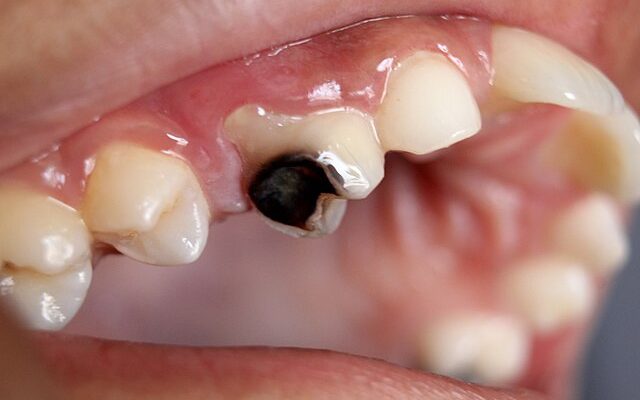90% of Keralites Suffer from Tooth Decay and Cavities, despite Ample Dental Services, Reveals Kerala Dental Council
Lack of Attention to Preventive Dentistry and Poor Oral Hygiene Practices at the Core of Dental Problems, Reports Show
Kerala – In a startling revelation, the Kerala Dental Council (KDC) has reported that an overwhelming 90% of Keralites are grappling with tooth decay and cavities, despite the state having nearly four times the recommended dentist-population ratio set by the World Health Organization (WHO). Experts point to the neglect of preventive dentistry and inadequate oral hygiene practices as the primary culprits behind the widespread dental issues.
The persistent dental health crisis seems to trace its origins back to early childhood. Insufficient brushing techniques and a lack of timely dental care during school years lay the groundwork for costly dental treatments later in life. The burden of dental issues is particularly pronounced among the children of working parents, according to the KDC findings.
The health department is proactively addressing the issue and focusing on promoting preventive dentistry, particularly within schools. “Change in eating habits has emerged as a major contributor to dental problems. To address this, we have organized checkups and camps in central schools and other prominent educational institutions. Our dental hygienists conducted classes and webinars on proper brushing techniques. We remain open to conducting dental camps in schools upon request,” shared Dr. Simon Morrison, Deputy Director of Health Services (Dental).
However, despite the department’s efforts, there exists a significant gap in public awareness. Experts propose that a crucial step to bridge this gap is to raise awareness about the role of dental hygienists, who are specially trained to create awareness and deliver essential clinical interventions like dental cleaning at the grassroots level and within educational institutions.
Regrettably, dental hygiene education remains severely lacking in schools and anganwadis, despite the health department’s involvement. “While there is no shortage of dental doctors, their limited outreach to grassroots communities to explain proper brushing techniques and promote dental hygiene is a matter of concern,” stated Ajayakumar K, general secretary of the Kerala Government Dental Hygienists Association (KGDHA). He asserted that though the health department conducts approximately 250 camps annually, the government sector alone has around 6,000 schools, urging for greater involvement of dental hygienists to increase accessibility.
Furthermore, KGDHA expressed grievances over the marginalization of dental hygienists in the decision-making process at both the state and national dental councils. The association advocates for the implementation of the National Dental Commission Bill, which aims to repeal the Dentists Act of 1948, to duly recognize and empower dental hygienists.
As the dental health crisis continues to affect a vast majority of Keralites, authorities are urged to prioritize preventive dentistry and collaborate effectively with dental hygienists to ensure better dental care and hygiene practices across the state.




















Comments